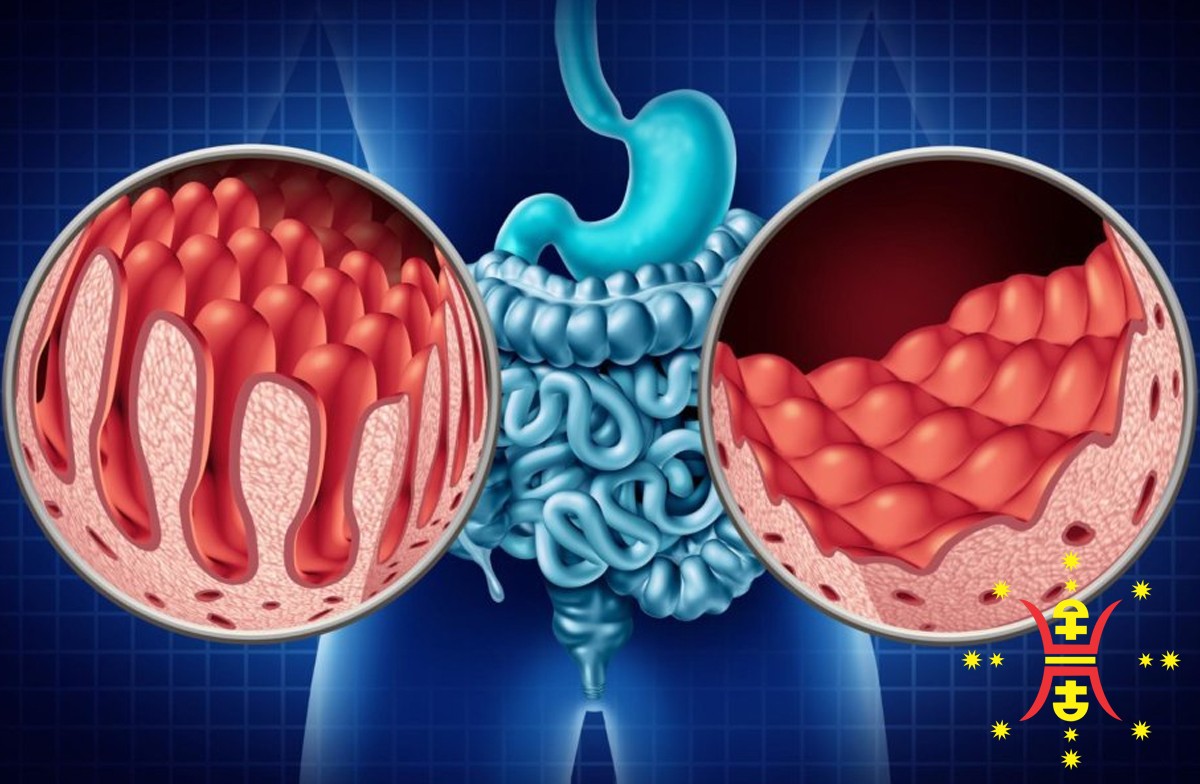Balancing Digestion: Traditional Chinese Medicine Insights on Celiac Disease
In Traditional Chinese Medicine (TCM), celiac disease is understood as a condition related to the digestive system and is often categorized under the umbrella of "Zheng Jia" or "Bian Zheng," indicating a pattern of disharmony. Here's an overview:
- Definition in TCM:
- Celiac disease in TCM is typically viewed as a disorder of the spleen and stomach meridians, involving patterns of dampness, heat, or deficiency affecting the digestive system.
- Causes:
- Spleen and Stomach Disharmony: TCM attributes celiac disease to imbalances in the spleen and stomach, affecting the body's ability to digest and absorb nutrients properly.
- Dampness and Heat: Factors such as excessive consumption of damp or greasy foods, emotional stress, and environmental influences may contribute to the development of dampness and heat in the digestive system.
- Symptoms:
- TCM practitioners assess symptoms such as chronic diarrhea, abdominal pain and bloating, fatigue, weight loss, and malabsorption of nutrients. Tongue and pulse diagnosis are often utilized to identify specific patterns of disharmony.
- Patterns of Imbalance:
- Spleen Qi Deficiency: Weakness in the spleen's ability to transform and transport nutrients, leading to symptoms such as loose stools, fatigue, and poor appetite.
- Damp-Heat Accumulation: Inflammatory symptoms such as abdominal pain, diarrhea with mucus or blood, and a feeling of heaviness in the abdomen.
- TCM Treatment:
- Acupuncture: Points related to the spleen, stomach, and large intestine meridians may be stimulated to tonify the spleen Qi, clear damp-heat, and promote digestive function.
- Herbal Medicine: TCM herbal formulas are often prescribed based on the specific pattern of imbalance. Herbs with properties to tonify the spleen, clear dampness, and resolve heat may be included.
- Diet and Lifestyle:
- Dietary recommendations may include avoiding gluten-containing foods and incorporating easily digestible, nourishing foods such as rice, vegetables, and lean proteins.
- Stress management techniques, adequate rest, and gentle exercise may be suggested to support overall well-being and digestive function.
It's important to note that while TCM can provide supportive care for symptoms associated with celiac disease, it should not replace conventional medical treatments, including adherence to a gluten-free diet. Patients with celiac disease should work with both TCM practitioners and conventional medical professionals to develop a comprehensive and integrative approach to managing their condition. Always consult with healthcare providers for personalized advice and treatment plans.
In Person With Heshoutang Natural Health Members
With Heshoutang Natural Health Online Members
Fill Out the Questionnaire by yourself
When you subscribe to the blog, we will send you an e-mail when there are new updates on the site so you wouldn't miss them.














Comments